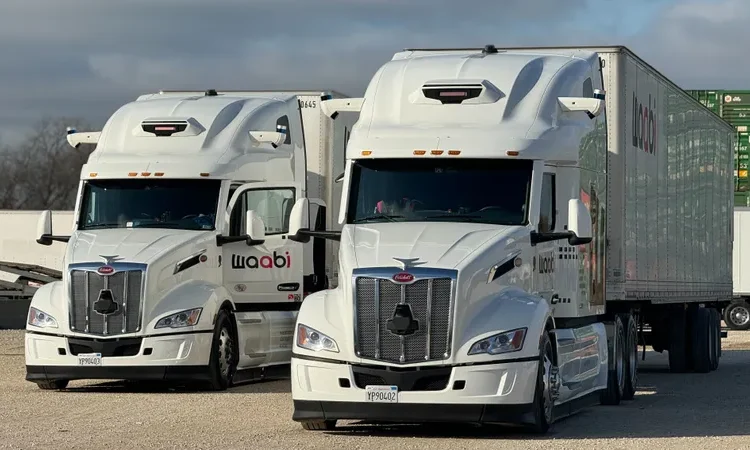The company emphasized the technology’s use of generative artificial intelligence in moving forward.
Dive Brief:
- Self-driving tech company Waabi plans to launch fully driverless autonomous trucks in 2025, per a news release also stating the industry is reaching a new frontier in technology.
- The announcement coincides with an injection of capital, $200 million, led by Uber and venture capital firm Khosla Ventures. The new money will help to grow commercial operations as well as its workforce in Canada and the U.S.
- “Waabi is well positioned to launch fully driverless trucks in Texas, expand driverless operations to new geographies, and transform the supply chain,” the company said in the release.
- Dive Insight:
- When Waabi launched its self-driving trucking plans out of Toronto in 2021, the company noted AI could make a difference. With a surge in funding, the company is now highlighting how it expects to deploy generative AI in trucking.
- Founder and CEO Raquel Urtasun said a blog post that for the AV industry, testing millions of miles is “nowhere near what would be required to provide the rigorous evidence necessary for a comprehensive safety case.”
- While the company has been testing its technology on public roads in Texas through commercial runs with partners, Waabi also has been developing its technology, particularly with simulations.
- Humans engineering a self-driving system can create an overcomplicated approach that doesn’t generalize to all situations that happen on the road, Urtasun said in a video. Instead, Waabi seeks to shift away from that approach by “empowering a generative AI model to learn from the unsupervised world. This means that there is no human intervention.”
- Urtasun said that the company is developing a generative AI model that observes the environment, learns what’s appropriate and responds to new and unfamiliar situations.
- “Waabi has pioneered a single end-to-end AI system that is capable of human-like reasoning, enabling it to generalize to any situation that might happen on the road, including those it has never seen before,” the company said in the news release.
- With the technology able to reason, “the system requires significantly less training data and compute resources compared to other end-to-end approaches,” the company said.
- Competitors Aurora Innovation and Kodiak Robotics are also pursuing plans to remove safety drivers, anticipating Texas launch lanes as an initial focal point.


